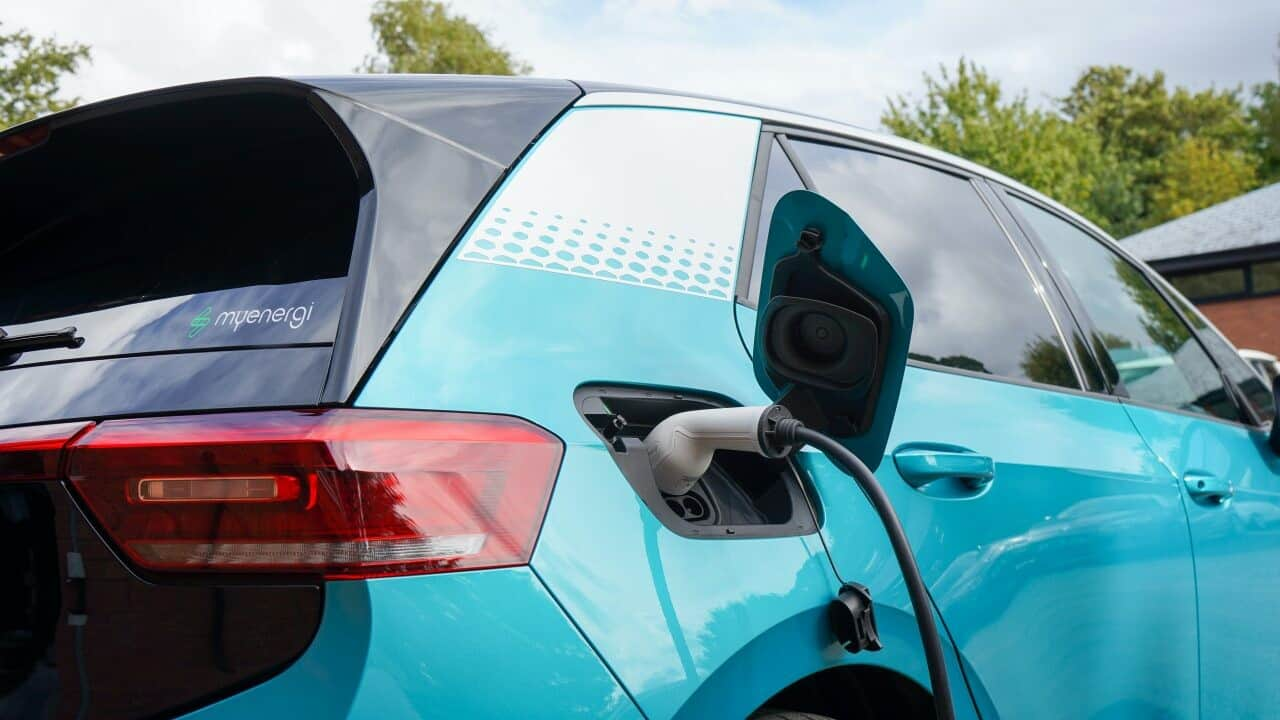
How UP govt's EV subsidy policy extension will benefit industry
What's the story
The UP government has extended its electric mobility policy until 2027, ensuring the continuation of incentives for over three more years.
The New Electric Vehicle Manufacturing and Mobility Policy was first announced in October 2022, to foster a conducive ecosystem for electric vehicles (EVs) in the state.
This decision follows closely on the heels of the state government's move to exempt hybrid vehicles from road tax and registration fees, which can account for nearly 10% of a vehicle's cost.
Industry reaction
Industry was anticipating policy extension
The industry had been expecting an extension as the policy was originally set to conclude in October 2025.
Maruti Suzuki's Chairperson RC Bhargava, voiced his expectation last week for the state government to consider extending the policy next year due to the recent inclusion of hybrids.
The NEVMMP offers a three-tier incentive system, benefiting consumers purchasing EVs, manufacturers of EVs and related components, and service providers developing charging or swapping facilities.
Economic impact
Policy aims to attract investment and generate employment
The policy aims to attract investment of over ₹30,000 crore and generate employment for over 10 lakh people.
Under this policy, a capital subsidy is provided at a rate of 30% on investment, subject to a maximum ₹1,000 crore per project for the first two ultra mega battery projects investing ₹1,500 crore, or more each for setting up a battery manufacturing plant in UP.
Stamp duty reimbursement is also offered to manufacturers at varying rates depending on location.
Benefits
Incentives for EV service providers
Service providers developing charging/battery swapping facilities across UP, are also eligible for capital subsidies under the policy. The state government will facilitate land provision for establishing public charging infrastructure by leasing government land for 10 years, at a nominal revenue sharing model of ₹1/kWh.
Vehicle subsidies
Subsidies for electric two-wheelers, four-wheelers, and buses
Under the extended scheme, electric two-wheelers receive a subsidy of ₹5,000, while four-wheelers are eligible for an incentive of ₹1 lakh.
The government has allocated ₹100 crore for two-wheelers, with a target of subsidizing 200,000 vehicles and ₹250 crore for four-wheelers.
Additionally, private electric buses receive a subsidy of ₹20 lakh and e-three-wheelers get ₹12,000 per vehicle.